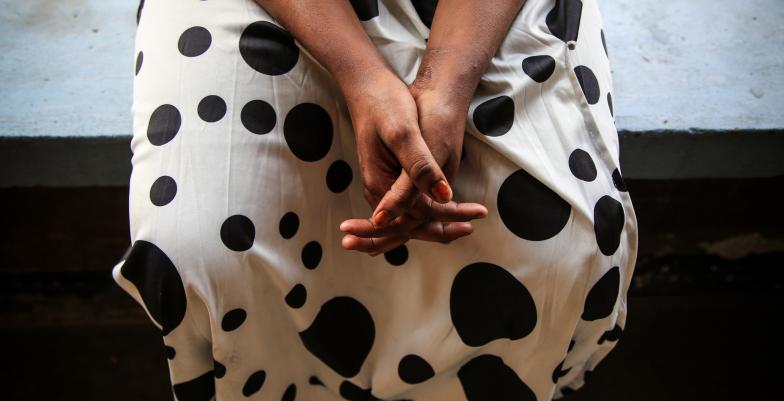Consular support for EU citizens in Hong Kong and Macao
You are an EU citizen in Hong Kong or Macao? Learn more about your right to consular protection and how you can benefit from it in Hong Kong and Macao.
Consular protection is the help an EU Member State can provide to its citizens in case they need assistance abroad. Typically, consular protection can include cases such as:
- A need for emergency travel documents;
- A serious accident or serious illness;
- Relief and repatriation in case of an emergency;
- Being a victim of crime;
- Arrest or detention;
- Death.
In Hong Kong and Macao, 15 EU Member States have a resident Consulate, while 12 do not.
You are an EU citizen in need of consular protection in Hong Kong or Macao?
- You can contact your resident Consulate or Honorary Consul able to provide consular protection.
- If your EU Member State has no resident Consulate or Honorary Consul able to provide consular protection in Hong Kong or Macao, you can turn to another EU Member State for consular protection.
Indeed, any EU citizen abroad whose own Member State has no local representation is entitled to receive consular protection from the diplomatic or consular authorities of any other EU Member State. In that case, EU citizens are entitled to benefit from consular protection under the same conditions as the nationals of that other EU Member State.
You can find contact details of the resident EU Member States Consulates or Honorary Consuls who can provide consular protection under the Travel & Study section.
Please note that the EU Delegation in Hong Kong and Macao cannot provide direct consular assistance.
As an EU citizen, you can take simple steps to make consular protection more effective, for example:
- Following the travel advice issued by your country’s Foreign Ministry.
- When abroad, registering with your Embassy or Consulate and/or through dedicated platforms, if applicable.
- Other tips include keeping an electronic copy of your travel documents, subscribing to a travel insurance or saving crisis contact details.
For more information on consular protection, see the dedicated pages on the websites of the EEAS, the European Commission and the Council of the EU.
EU Emergency Travel Document
EU citizens whose passport or travel document has been lost, stolen or destroyed in a country outside the EU where their own EU Member State does not have an embassy or consulate are entitled to receive an EU Emergency Travel Document from any other EU Member State located in that country.
The EU Emergency Travel Document is issued for a single journey to the holder’s EU Member State of nationality or residence, or exceptionally, to another destination (such as a neighbouring country with an embassy or consulate of the holder).
The EU Emergency Travel Document is valid for a bit longer than the period required for completion of the journey for which it is issued. Normally, the validity will not exceed 15 calendar days. Persons receiving an EU Emergency Travel Document are strongly encouraged to complete the journey as quickly as possible, to follow any advice given by the consulate or embassy regarding the best route, and to immediately apply for a normal travel document. The EU Emergency Travel Document must be returned after arrival at the final destination.
EU citizens in need of an EU Emergency Travel Document must apply at the embassy or consulate of an EU Member State. The EU Emergency Travel Document will be issued after a verification of the applicant’s nationality and identity by the unrepresented EU citizen’s Member State of nationality. In normal cases, the issuance should not take longer than seven working days.
Member States may also choose to issue the EU Emergency Travel Document to other persons, such as their own nationals or EU citizens’ family members who already live in the EU. If an EU Emergency Travel Document is issued to a person who is not an EU citizen, a visa may be necessary.
Further reading








